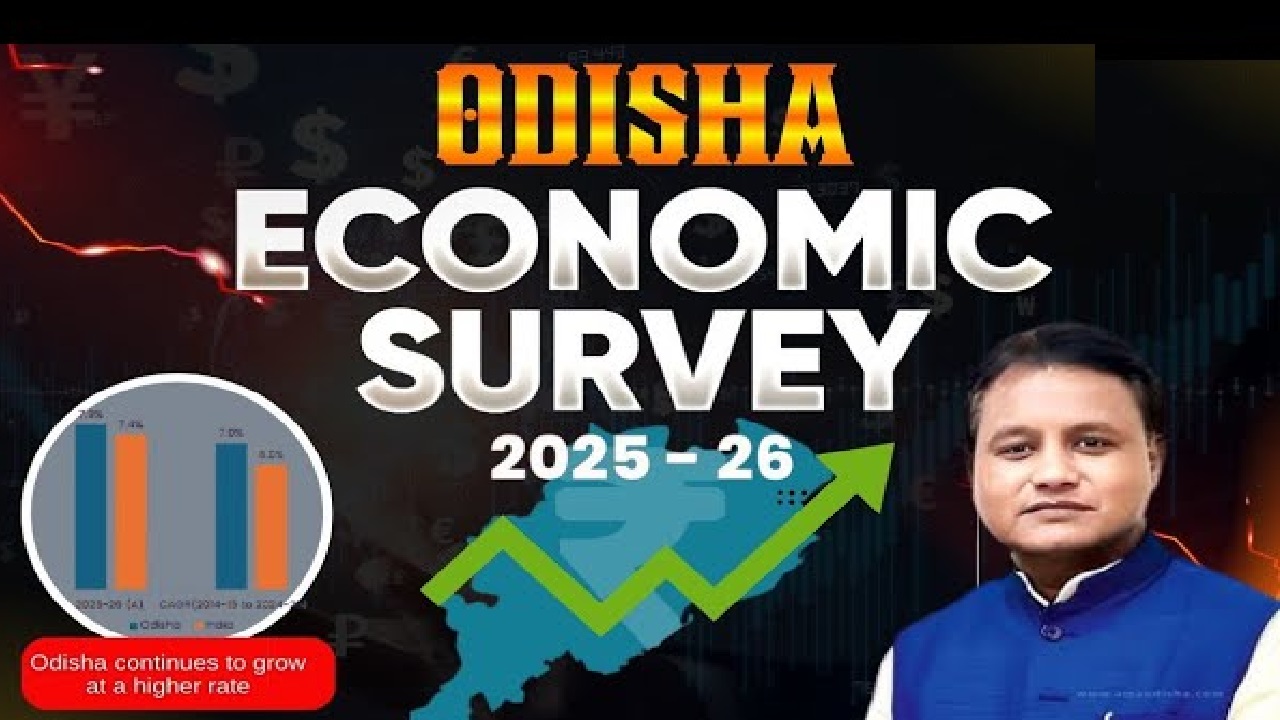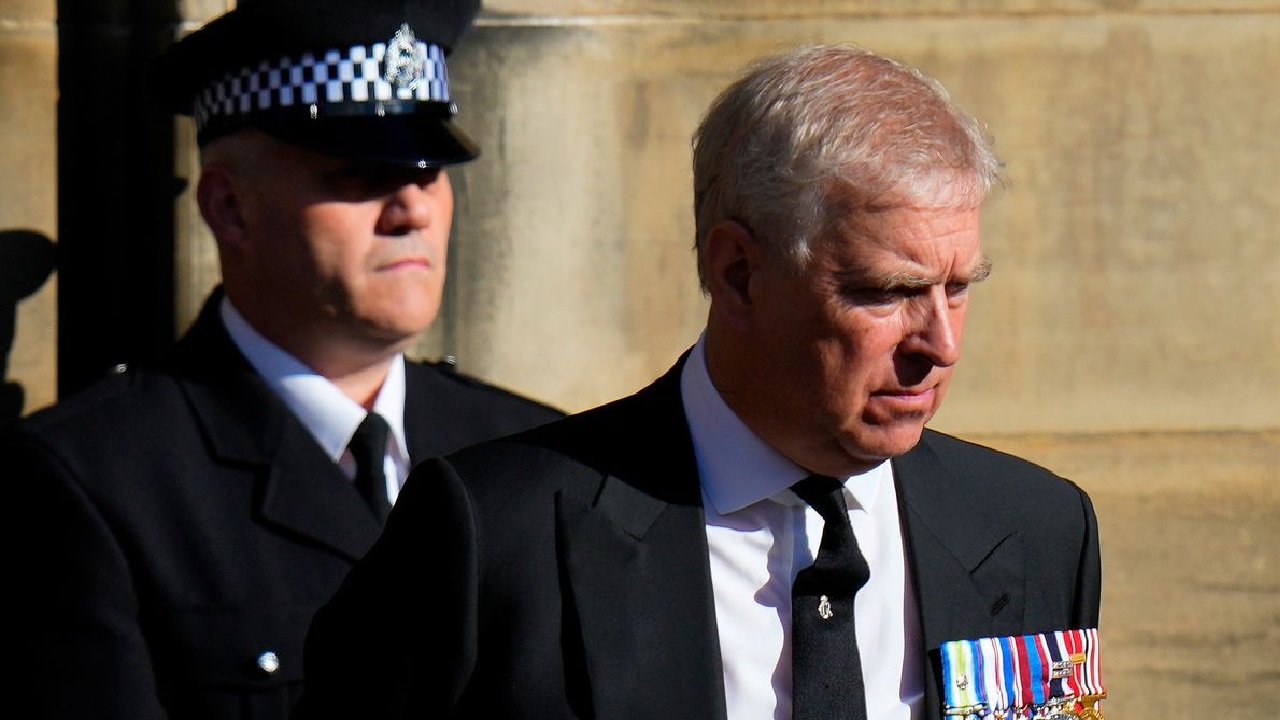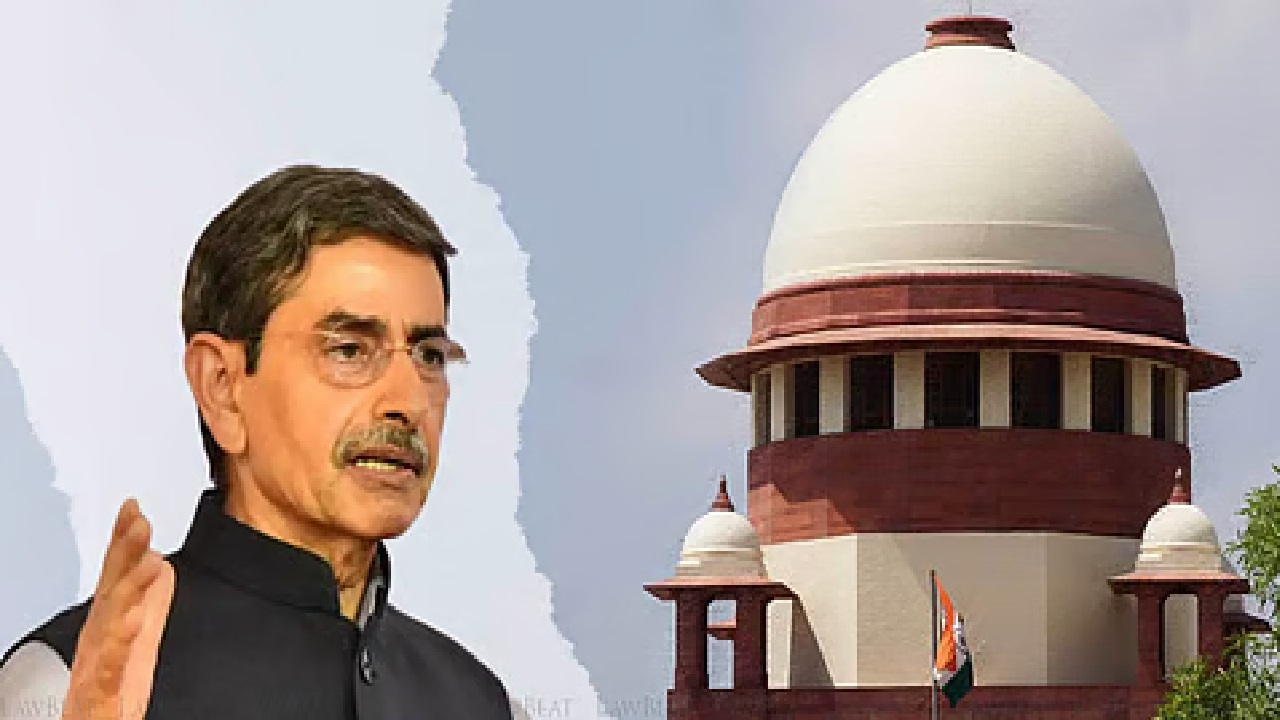A Defining Moment in India-EU Relations
India and the European Union (EU) are on the verge of finalizing a long-awaited Free Trade Agreement (FTA), with Prime Minister Narendra Modi announcing that the deal is expected to be sealed by the end of 2025. This landmark agreement, if realized, will significantly boost trade relations between the two economic powerhouses, marking a crucial step in India’s growing global influence.
After discussions with European Commission President Ursula von der Leyen and the College of Commissioners, PM Modi stated, “We have had sincere and meaningful discussions on various issues. We have asked our teams to work towards a mutually beneficial Free Trade Agreement and to realize it by the end of this year.”
Von der Leyen, on a two-day visit to India, reaffirmed the EU’s commitment to strengthening economic, technological, and strategic ties with India. She emphasized that both sides are determined to conclude the long-pending trade agreement within the year, accelerating cooperation in key sectors such as trade, technology, connectivity, and defense.
India-EU: A Trade Powerhouse
The European Union is India’s largest trading partner, surpassing both the United States and China. In the 2023-24 fiscal year, trade between India and the EU surpassed $130 billion, nearly doubling over the past decade. Additionally, over 6,000 European companies currently operate in India, underscoring the deep-rooted economic engagement between the two regions.
Despite these strong trade links, negotiations for an FTA have faced multiple roadblocks over the years. Talks were initially launched in 2007 but stalled over disagreements regarding market access for European automobiles, alcoholic beverages, and agricultural products. In 2021, both sides relaunched discussions, aiming to bridge the gaps and finalize a deal that serves mutual interests. The next round of negotiations is scheduled for March.
With global trade dynamics shifting, the EU is keen on securing this agreement as a buffer against potential economic disruptions, particularly in light of the US’s aggressive tariff policies. Former US President Donald Trump had previously threatened to impose a 25% tariff on EU imports, prompting Brussels to accelerate its trade negotiations with India.
Technology, Green Energy, and Strategic Cooperation
Beyond trade, PM Modi and President von der Leyen discussed broader areas of cooperation, particularly in technology and sustainability. India and the EU are set to collaborate on critical technologies, including semiconductors, artificial intelligence, high-performance computing, and 6G networks.
A new India-EU Space Dialogue is also in the pipeline, aimed at fostering cooperation in space technology and satellite communications. Moreover, both sides reaffirmed their commitment to balancing economic growth with ecological sustainability. Initiatives such as the Green Hydrogen Forum and an Offshore Wind Energy Business Summit are set to enhance India’s renewable energy capabilities with European expertise.
Diplomatic Exchanges and Strategic Alignment
During her visit, President von der Leyen met with External Affairs Minister S. Jaishankar and other key Indian ministers, reinforcing the diplomatic momentum between the two sides. Jaishankar, in a social media post, highlighted the importance of “reenergizing India’s engagement with Europe,” underscoring the significance of this visit in deepening India-EU relations.
Von der Leyen also stressed the necessity of strengthening security ties, stating that both India and the EU must work together to counter cross-border terrorism, cyber threats, maritime security challenges, and attacks on critical infrastructure.
India-EU: A Diplomatic Journey
India’s relationship with the EU has evolved over decades, shaped by economic collaboration and shared democratic values. The two sides first formalized their diplomatic ties in 1962, but it wasn’t until 2004 that they established a Strategic Partnership. Over the years, negotiations for trade and investment agreements have witnessed fluctuations, with moments of progress and setbacks.
The urgency surrounding the current FTA discussions signals a turning point in this diplomatic journey. Both India and the EU recognize the necessity of a robust trade deal that aligns with their long-term economic ambitions.
Looking Ahead: Will 2025 Be the Year of the India-EU FTA?
While optimism is high, challenges remain. Issues related to tariffs, labor standards, and regulatory frameworks still need resolution before the FTA can be finalized. However, with India emerging as a global economic powerhouse and the EU seeking resilient trade partnerships, the likelihood of a successful deal is stronger than ever.
If the agreement is reached as planned, it will not only redefine India-EU economic relations but also serve as a model for international trade in an era of shifting geopolitical alliances. As the world watches, 2025 may mark a historic milestone in India’s diplomatic and economic trajectory.
(With inputs from agencies)








